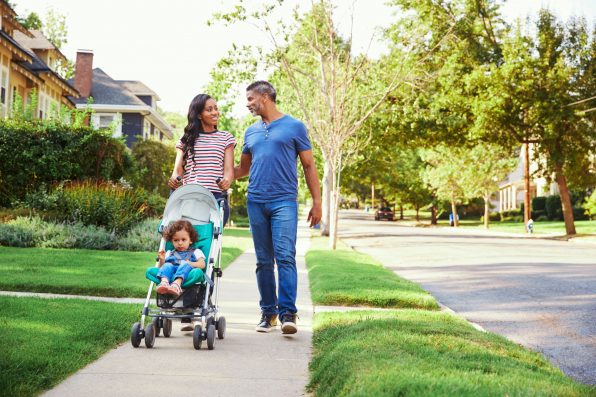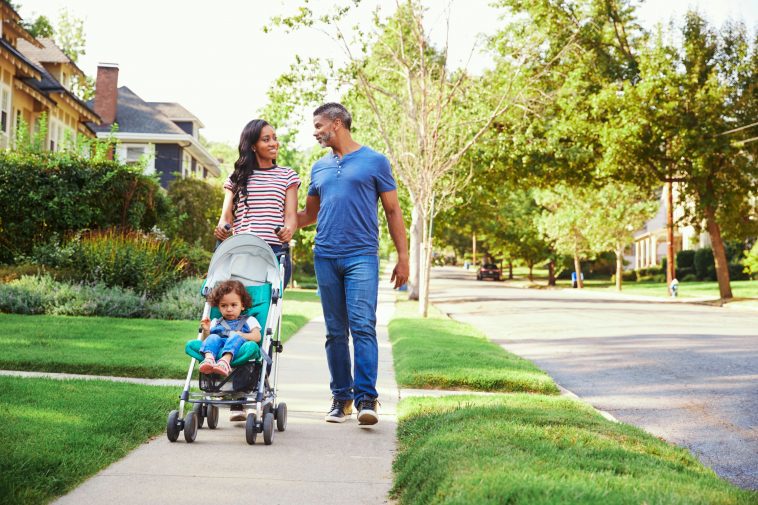Living near the vivid hues of nature doesn’t just make life more beautiful – it can also lead to longer, more restful sleep.
Researchers at the University of Exeter’s European Centre for Environment and Human Health have found that residing on greener streets or enjoying views of bodies of water – referred to as “blue spaces” – from your home can enhance sleep quality.
This study, which encompassed 18 countries, revealed that residing on streets with more greenery, such as visible grass, trees, and plants, is linked to improved sleep. Although earlier research has linked green spaces with better sleep, this marks the first time a study has analyzed various natural environments across a wide range of countries.
Insufficient sleep, often characterized as fewer than six hours per night, poses a major public health challenge in industrialized nations. Poor sleep quality is associated with various negative health effects, such as non-communicable diseases, including obesity, diabetes, and heart-related issues, in addition to a higher risk of death.
“People who lived in greener streets reported better mental health, which was the driving factor behind getting a better night’s sleep,” explained Dr. Leanne Martin, the study’s lead author.
“Streetscape greening initiatives already exist in urban cities to tackle environmental risks like flooding and heat island effects, but our findings suggest policymakers should extend that to residential areas to support public health by promoting healthier sleep habits.”
The research team analyzed data from over 16,000 individuals across 14 European nations, along with Australia, Canada, the United States, and China. This information came from the BlueHealth International Survey (BIS), a cross-sectional study managed by the European Centre for Environment and Human Health in Penryn.
Participants reported on the greenery level of their streets, whether their homes offered views of rivers, lakes, or coastal areas (known as blue spaces), the amount of time they spent in natural environments for leisure, their mental health status, and their typical nightly sleep duration.
The results showed that people residing on greener streets or in homes with views of blue spaces often reported better mental health, which was linked to more restorative sleep patterns. Additionally, individuals who spent more leisure time in green and blue spaces also appeared to have improved mental health and experienced more beneficial sleep lengths.

Sign up for Chip Chick’s newsletter and get stories like this delivered to your inbox.


